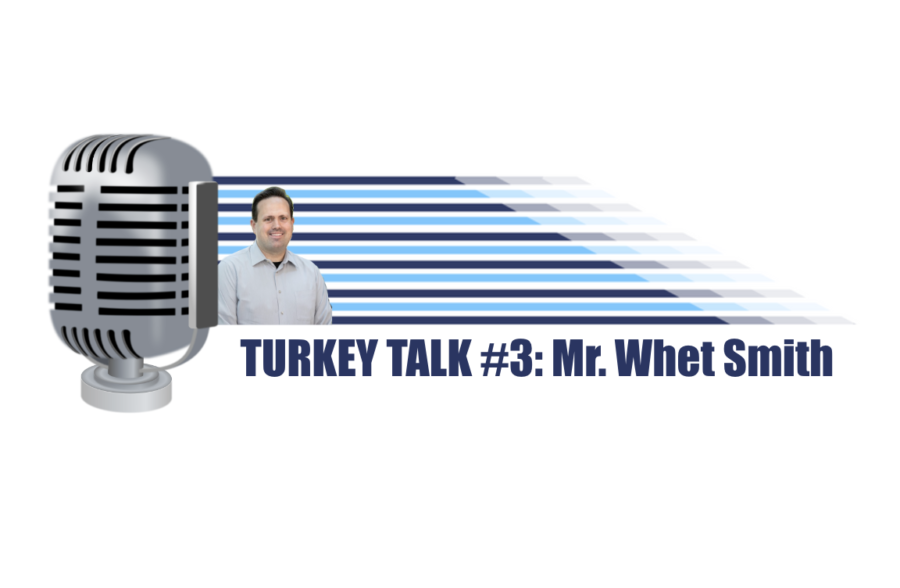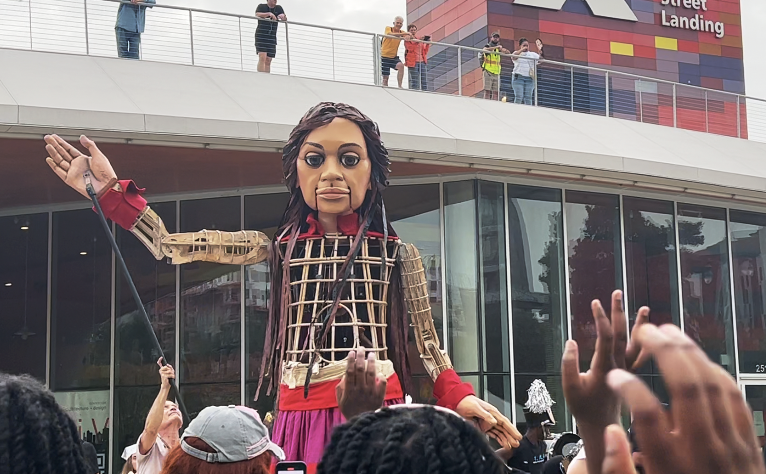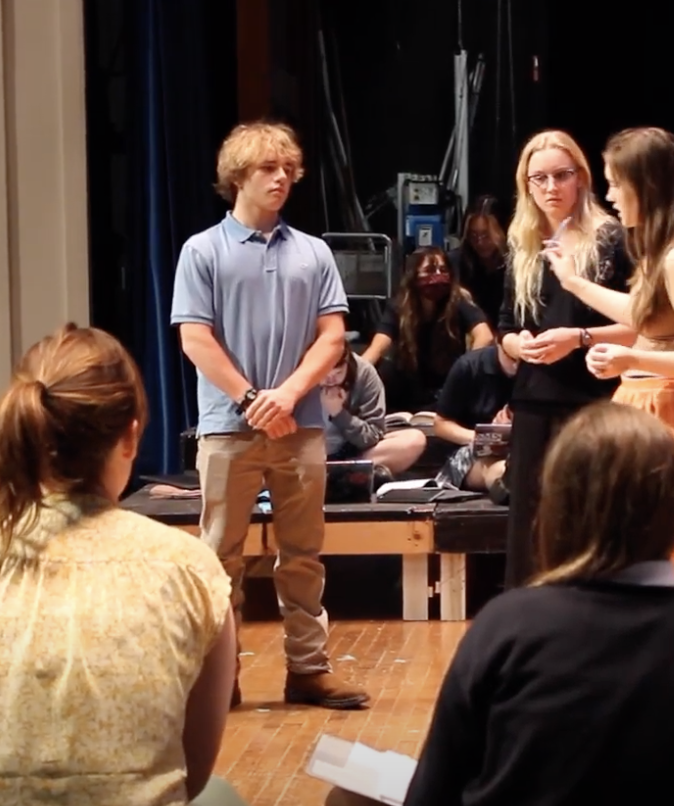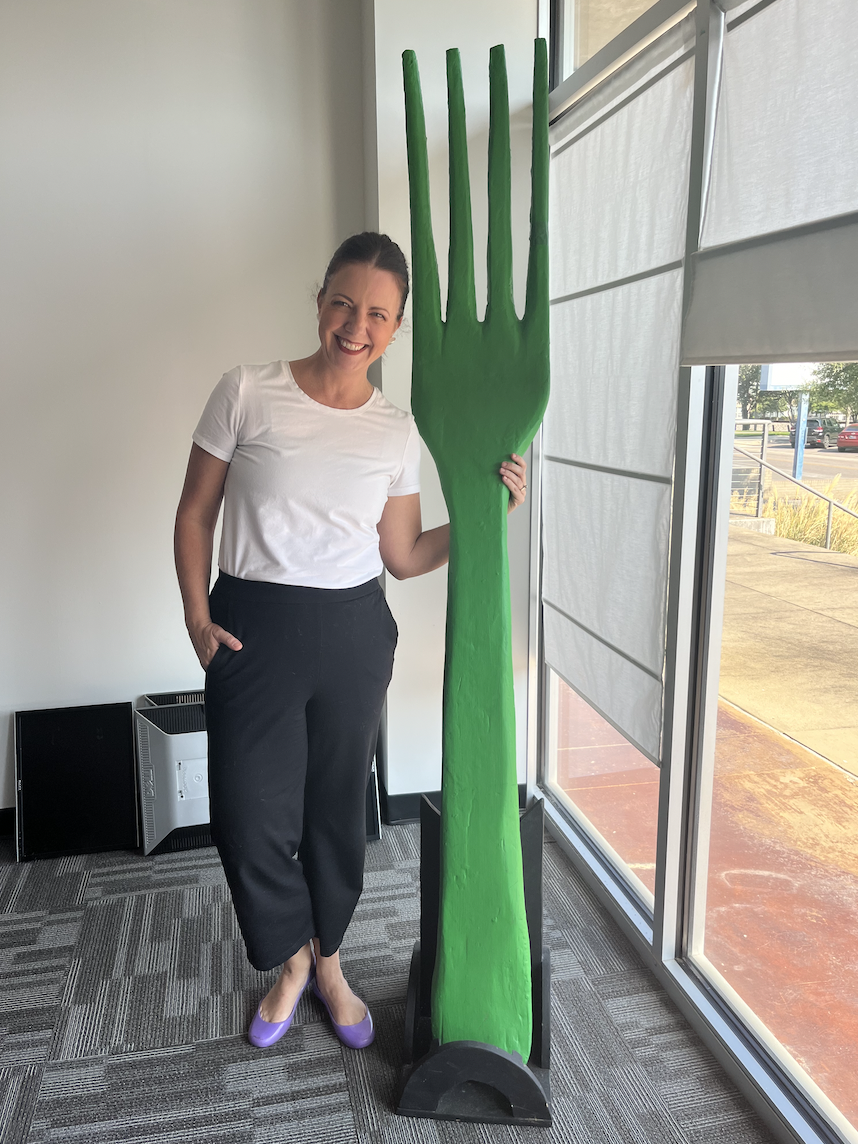
As Upper School math teacher Chrystal Hogan was returning from making her morning cup of tea, she found herself stuck in the school’s elevator.
“I had felt [the elevator] start to move,” Hogan said. “Then everything went dark, and the elevator stopped, and I figured the power had gone out.”
It had. And while the power was back on 20 minutes later on that day in September, this power outage was not an isolated incident. In 2024, St. Mary’s experienced power outages on both Black Friday and Derby Day, important school events, which caused major shifts in the school schedule. In January of 2025, St. Mary’s experienced another power outage, disrupting senior speeches and also the daily tasks of Director of Operations Sarah Jenks.
“The first thing we always do is to make sure that everyone is safe,” Jenks said. “After that, we start to assess… our ability to continue with operations, and that can be dependent on what has caused that outage, the extenuating circumstances.”
St. Mary’s isn’t alone. Many residents of Memphis experience power outages frequently. In 2022 and 2023, MLGW customers experienced more than 800,000 outages due to storms. During this time, around 60% of outages have been due to vegetation overgrowth. The company is also falling behind on using distribution automation, a smart grid system that minimizes customer impact and improves response times.
All of which has raised concerns over the city’s new supercomputer.
Inside a nondescript white building on the shores of the Mississippi River stands the world’s largest supercomputer – Elon Musk’s “Colossus” supercomputer.
Musk’s artificial intelligence company, xAI, plans to use this facility to power their new AI chatbot named Grok.
In an age of rapidly advancing technology and the rise of artificial intelligence, the construction of such a powerful supercomputer can serve as a stepping stone for technological advancement. However, Colossus sparks many questions over energy availability and environmental pollution.
A major concern of Memphis residents is the supercomputer’s effect on existing power and water supplies, given it is such a large potential consumer of energy.
However, Jenks said that the supercomputer is not a concern for St. Mary’s.
“I don’t think [the supercomputer] is going to impact our power at all,” said Jenks.
MLGW has released statements addressing concerns over electrical availability, stating that because of an initial energy provider, “there will be no impact to the reliability of availability of power” for customers… for now. Although MLGW has allocated 50 megawatts of power to xAI, Musk wants to eventually use three times as much power, which is enough to power 80,000 houses.
In December of 2024, xAI released plans for yet more expansion, raising its power usage and potentially oustripping what MLGW and the Tennessee Valley Authority could provide. The supercomputer’s proposed expansion relies on MLGW to build facilities as xAI requests them, each adding more and more load onto the Memphis power grid. Yet, MLGW is still studying how the supercomputer will interact with the power grid, with no definitive answer as of now.
Additionally, Musk’s supercomputer raises concerns about the environmental impact on Memphis. xAI bypassed environmental rules such as requiring permits for methane gas generators. Not only do these methane gas generators generate enough energy to power 50,000 homes, but they also release large amounts of harmful gasses into the air, making them one of the major sources of air pollutants in Memphis.
Along with energy supply and environmental concerns come questions about xAI’s approach to cooling its supercomputer – would xAI use Memphis’s valued aquifer? The answer is yes and no. The xAI facility will eventually use greywater, or wastewater, in addition to the aquifer to reduce demand on the aquifer, according to Commercial Appeal.
The addition of a major supercomputer has its positives. As a giant in the tech industry, Musk’s decision to bring xAI to Memphis introduces Memphis to the growing tech industry. As Memphis sets precedents, opportunities may increase – MLGW expects the arrival of xAI to bring 300 new, high-paying jobs.
However, students like junior Charlotte Hernandez believe that Musk’s supercomputer may still cause infrastructure problems within Memphis.
“I think [the supercomputer] would be a huge drain on Memphis’ already over taxed water and gas supplies,” Hernandez said. “I don’t think [Musk] would help unless he donates enough money to improve MLGW.”




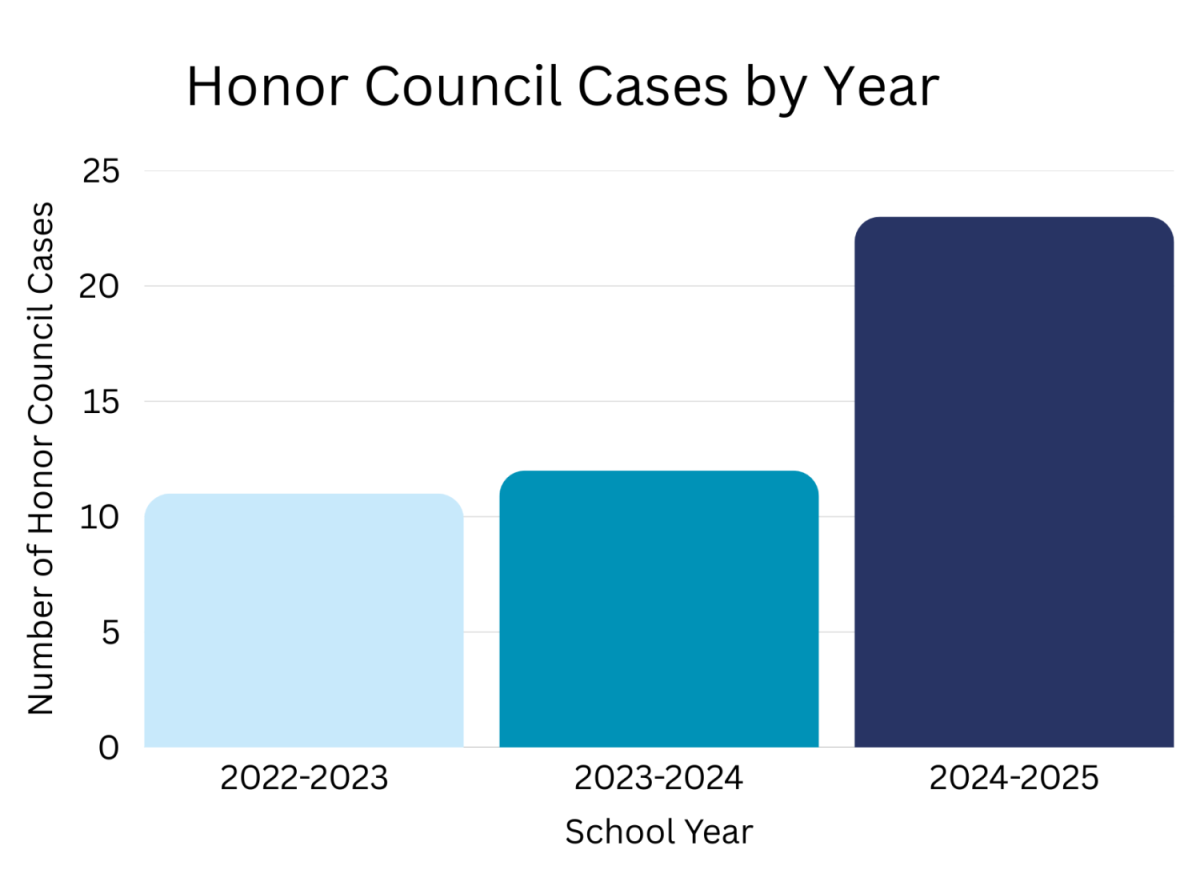

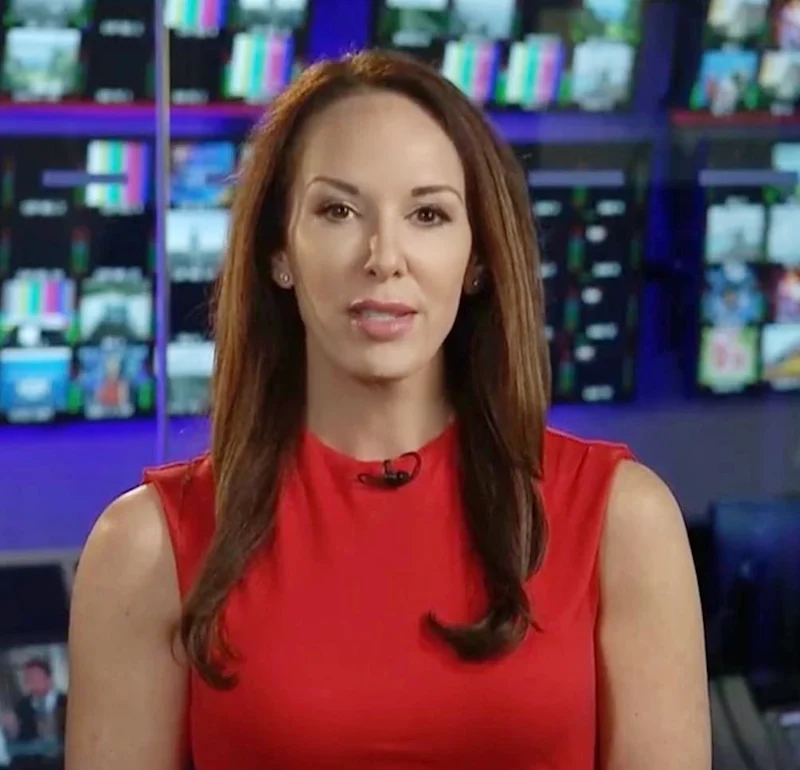
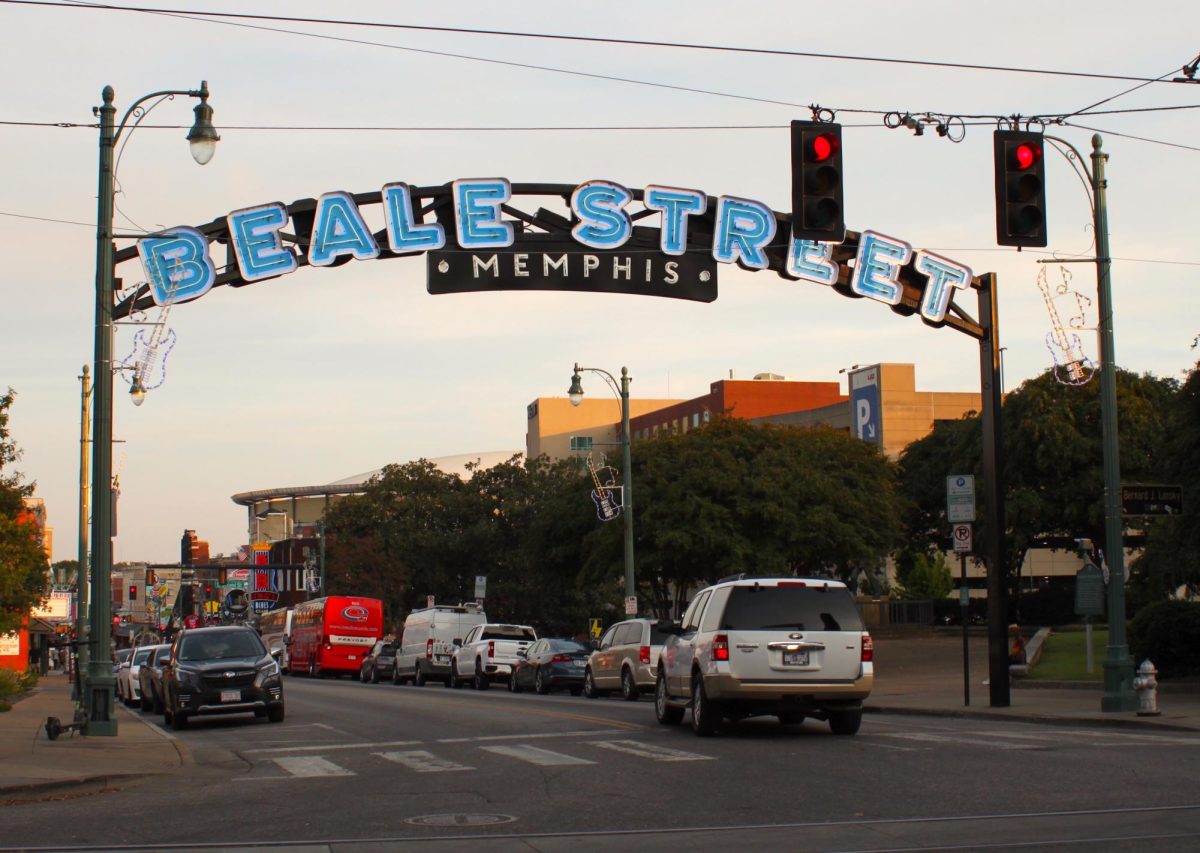
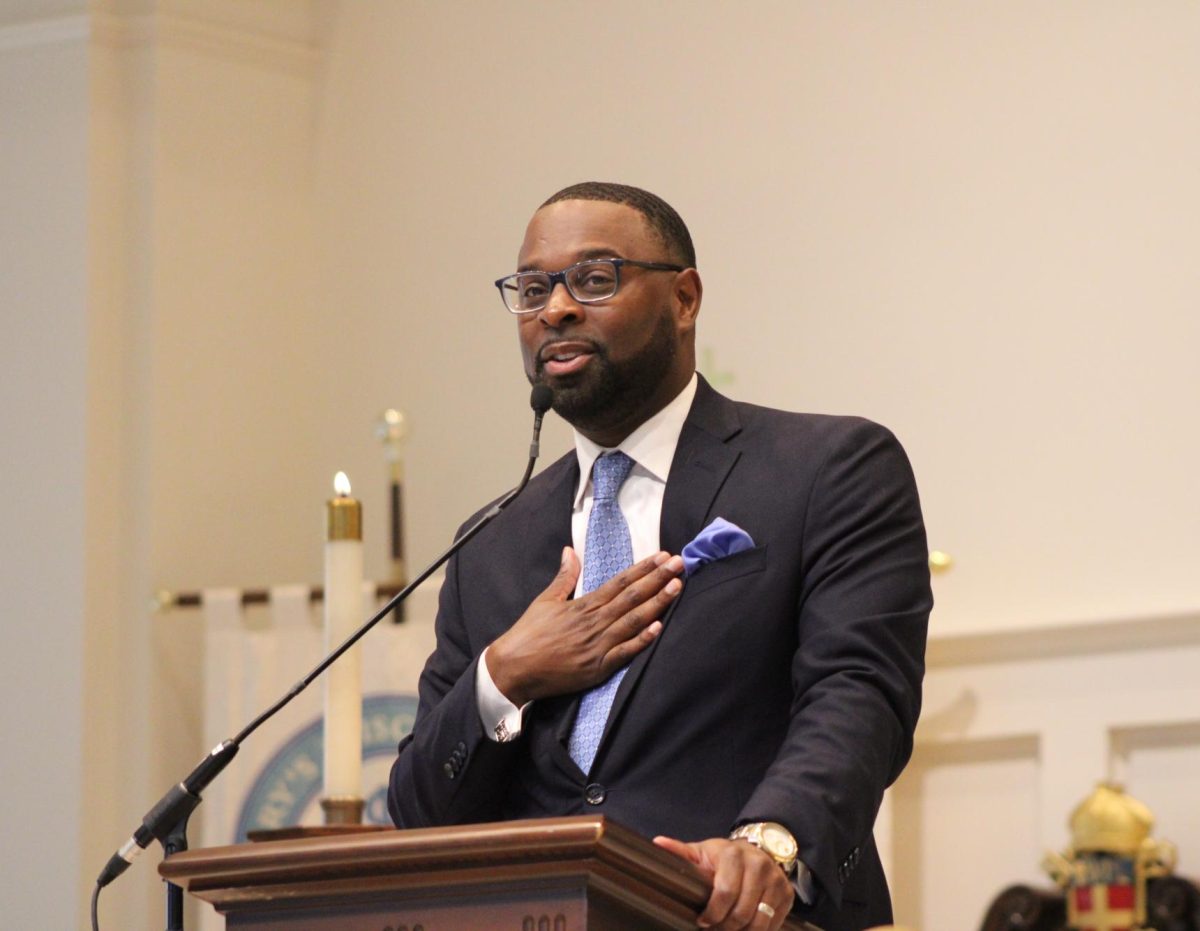





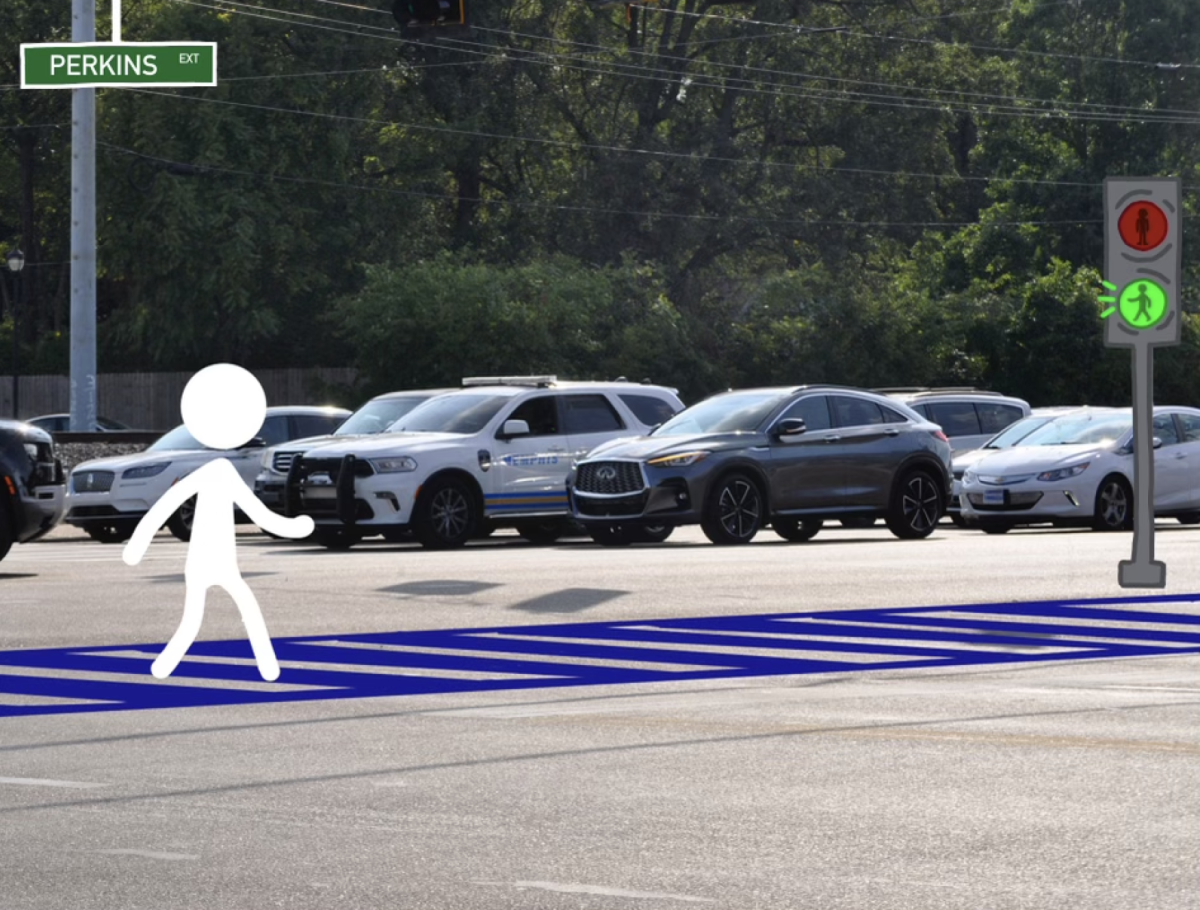







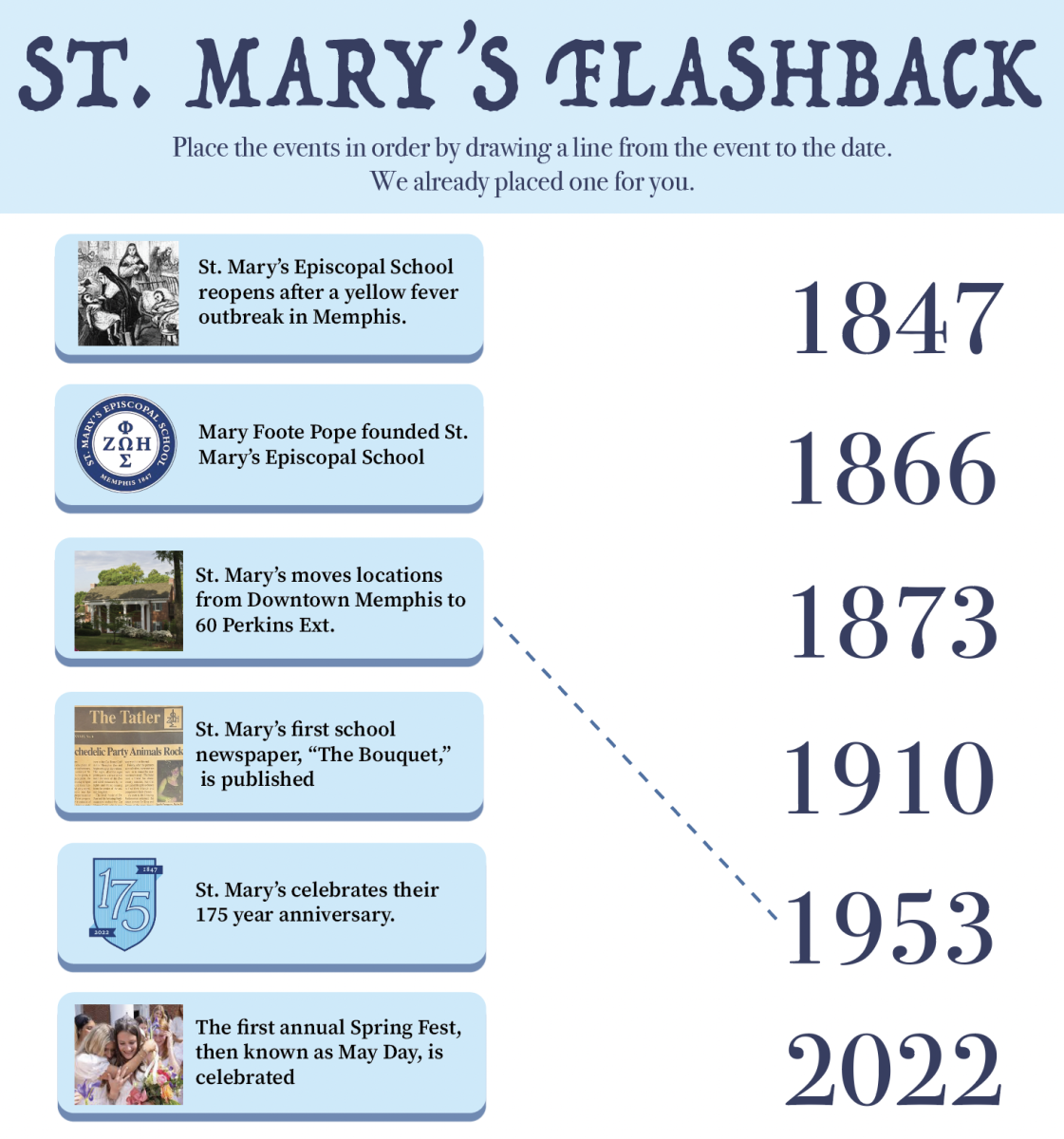

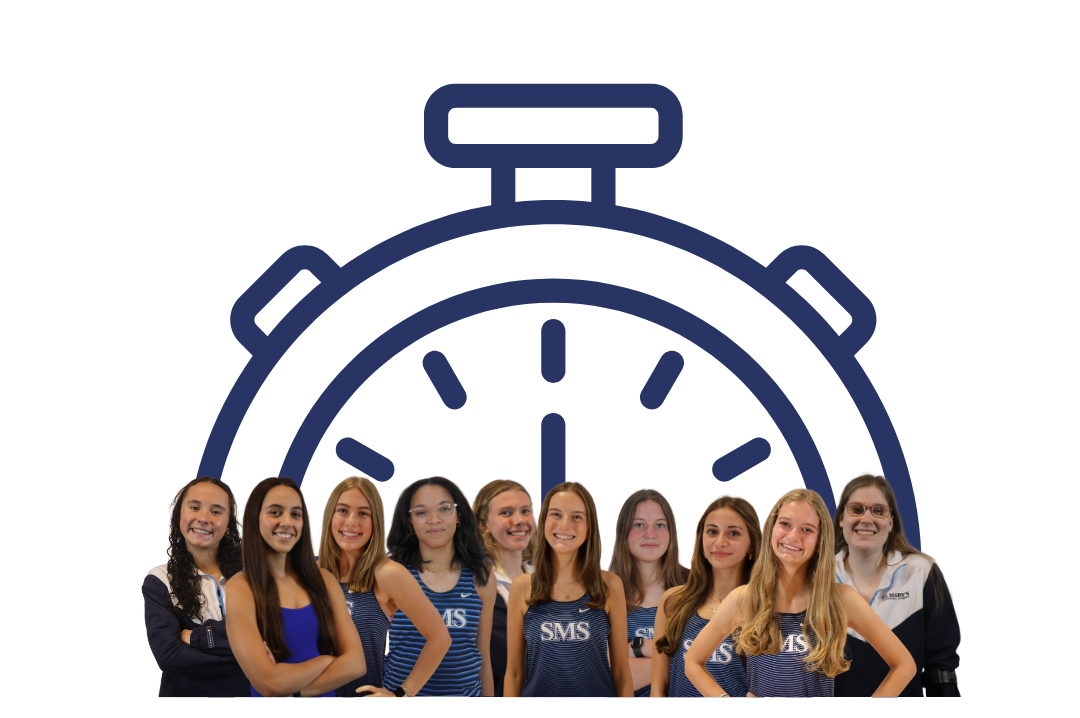


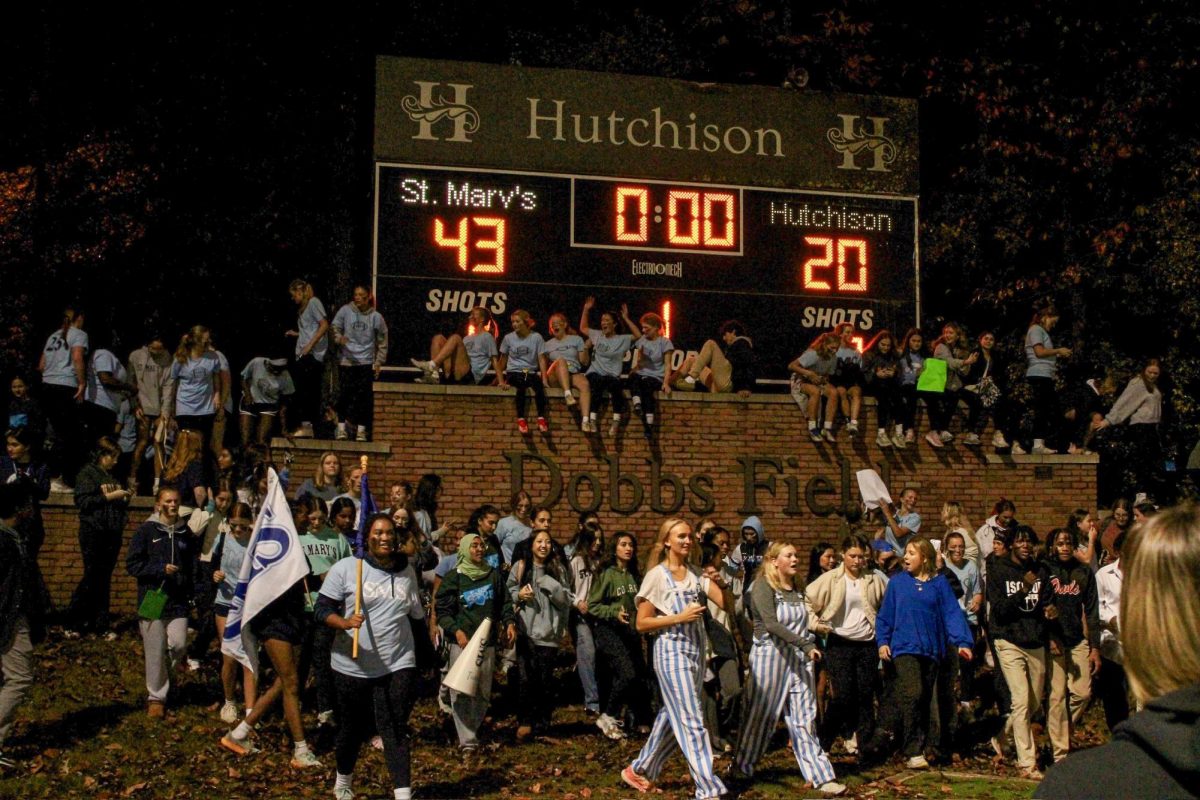


![[GALLERY] Walking in (Downtown) Memphis](https://stmarystatler.org/wp-content/uploads/2024/04/E1DAD3FE-E2CE-486F-8D1D-33D687B1613F_1_105_c.jpeg)





